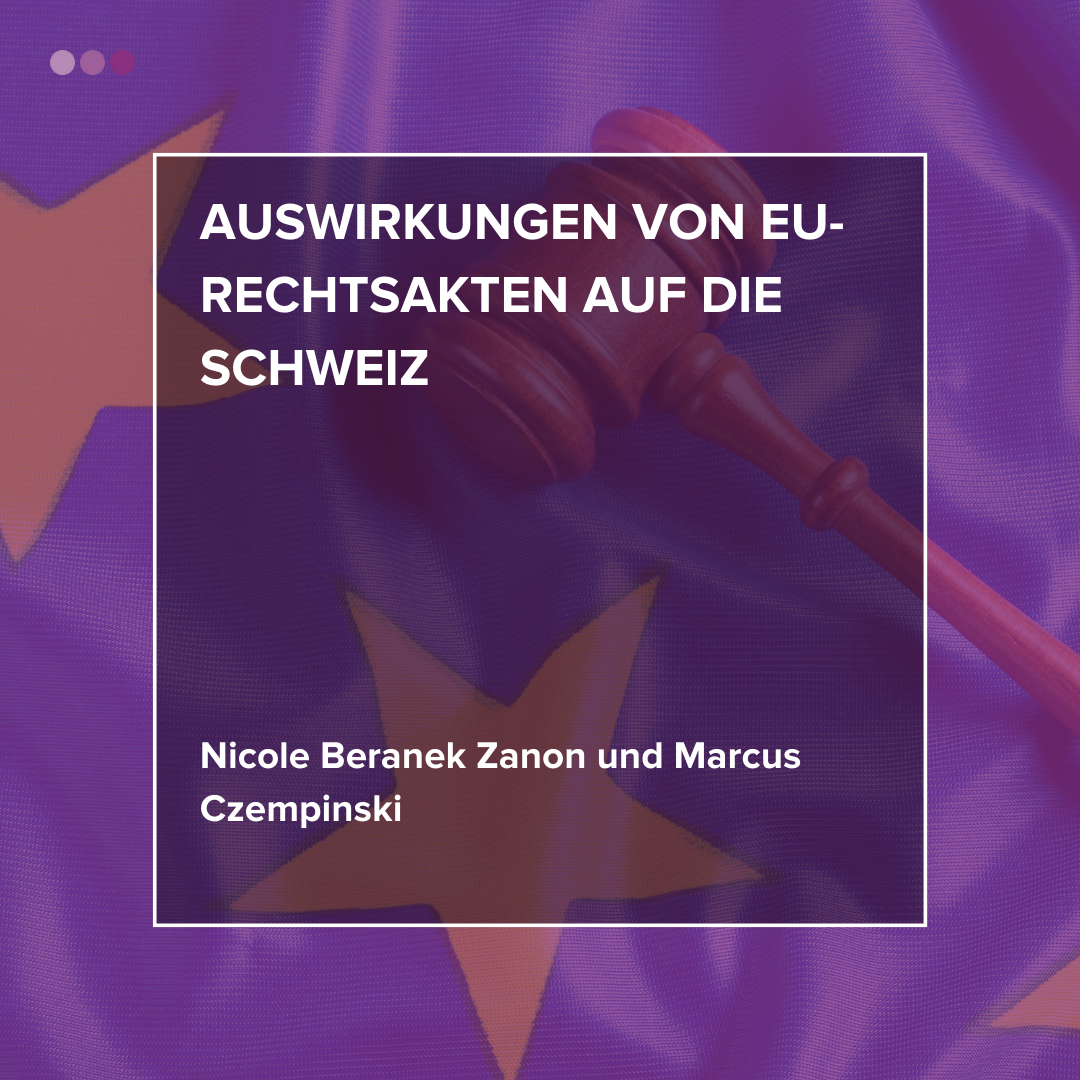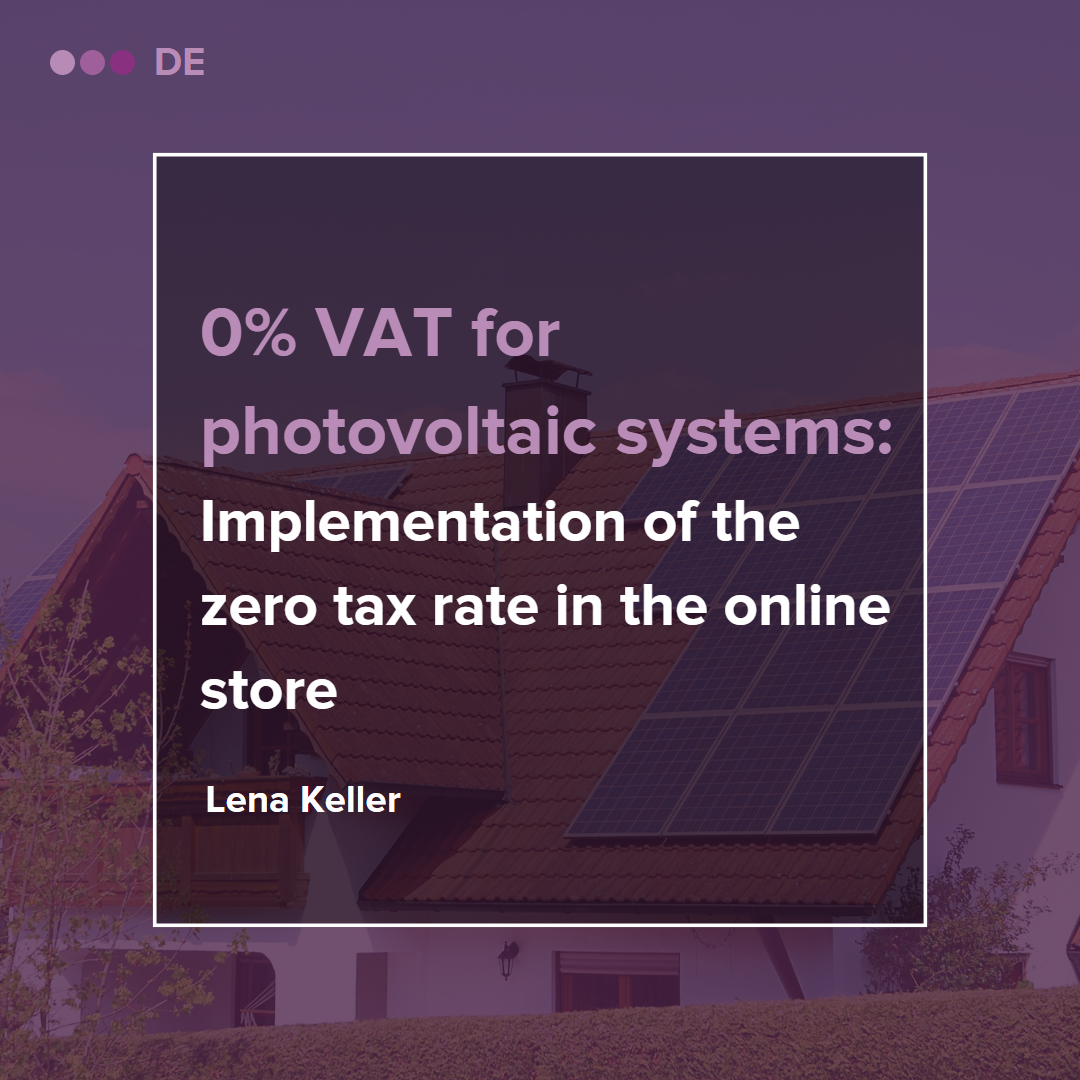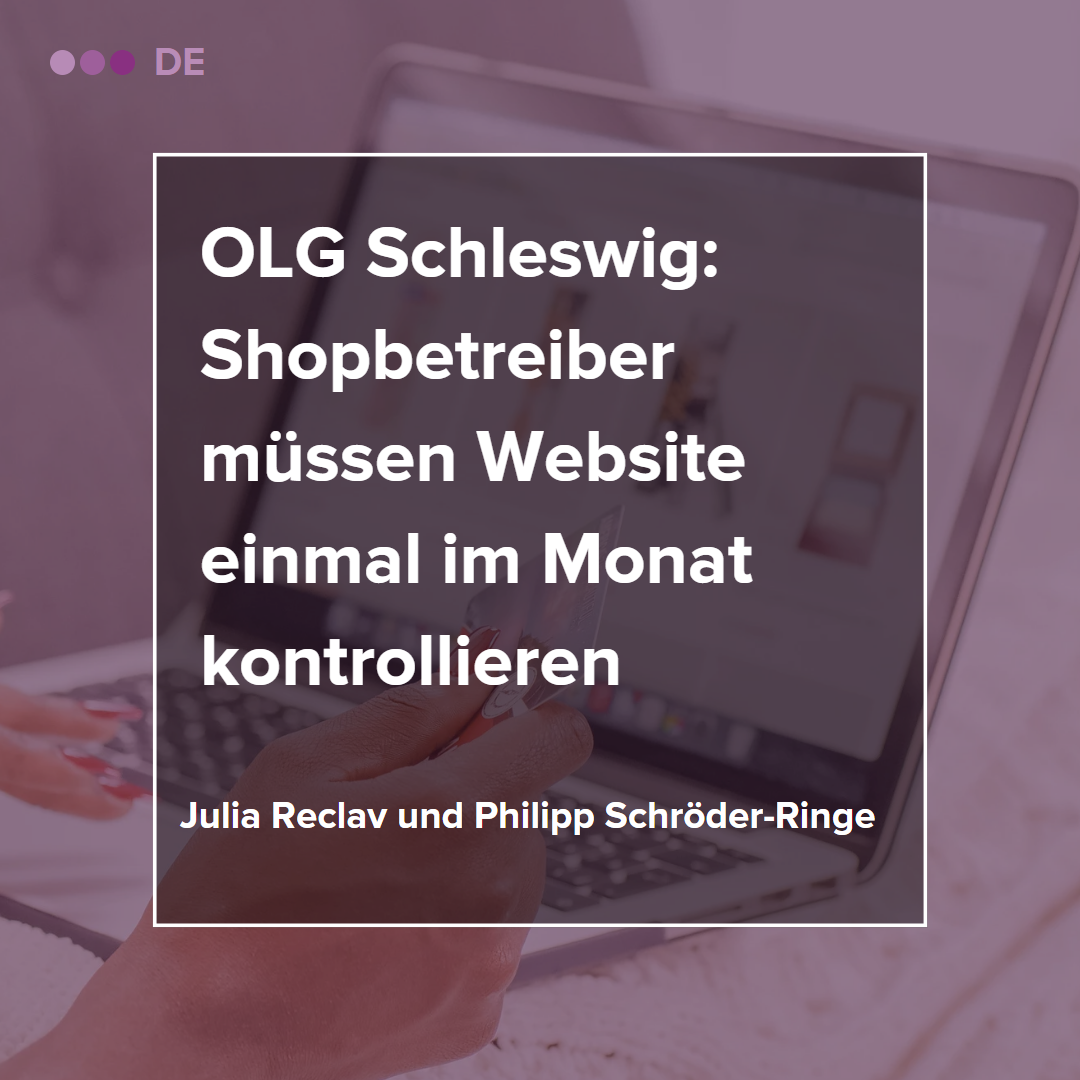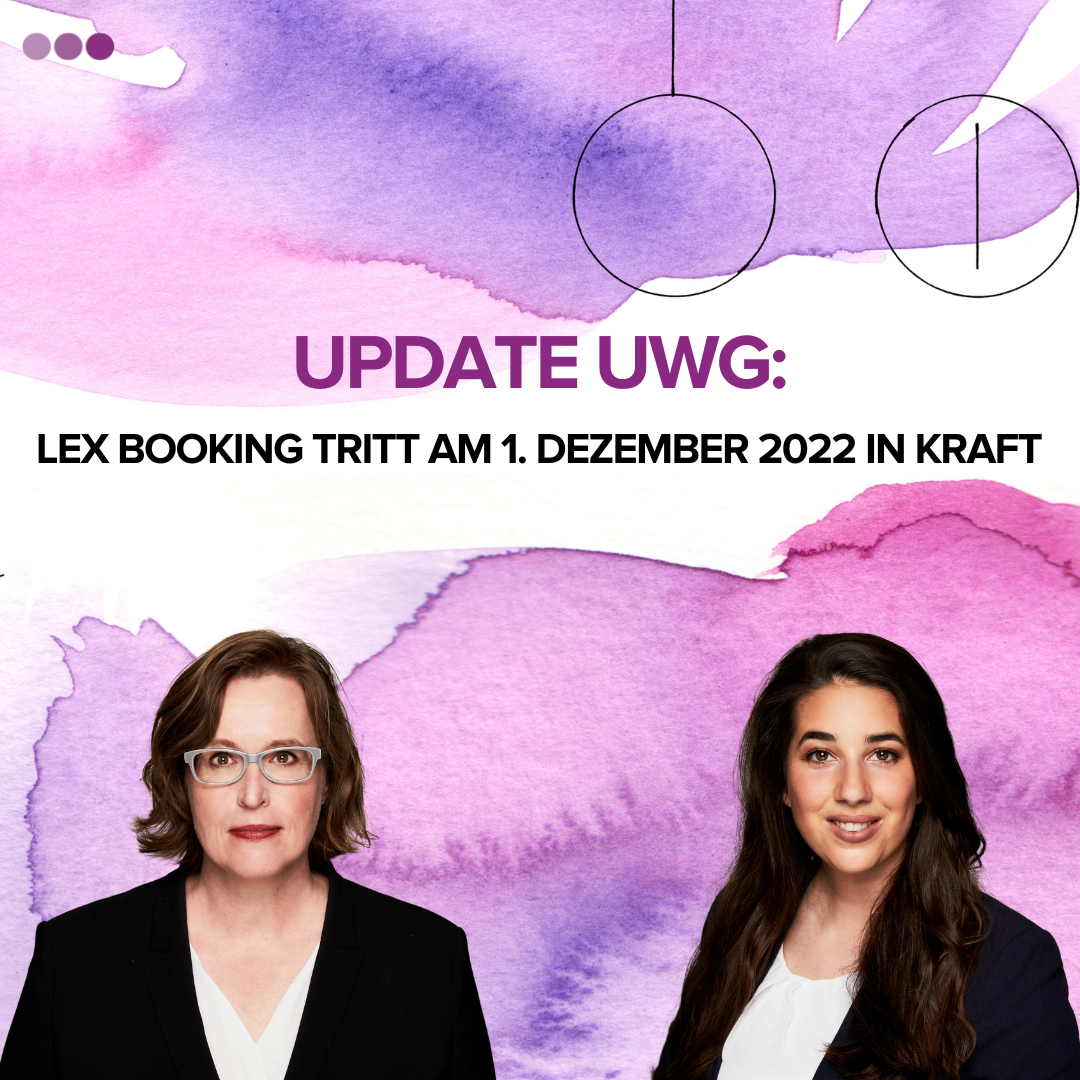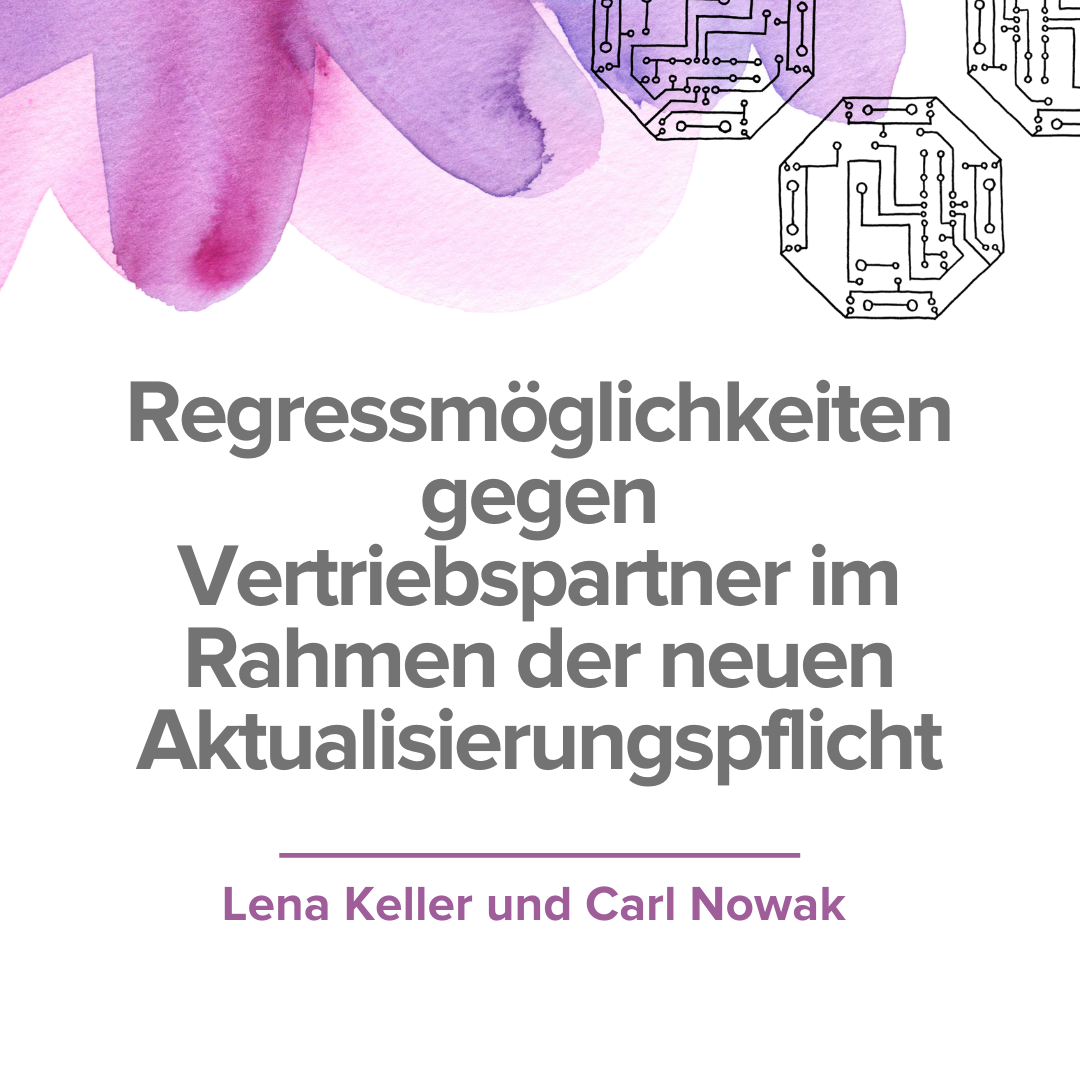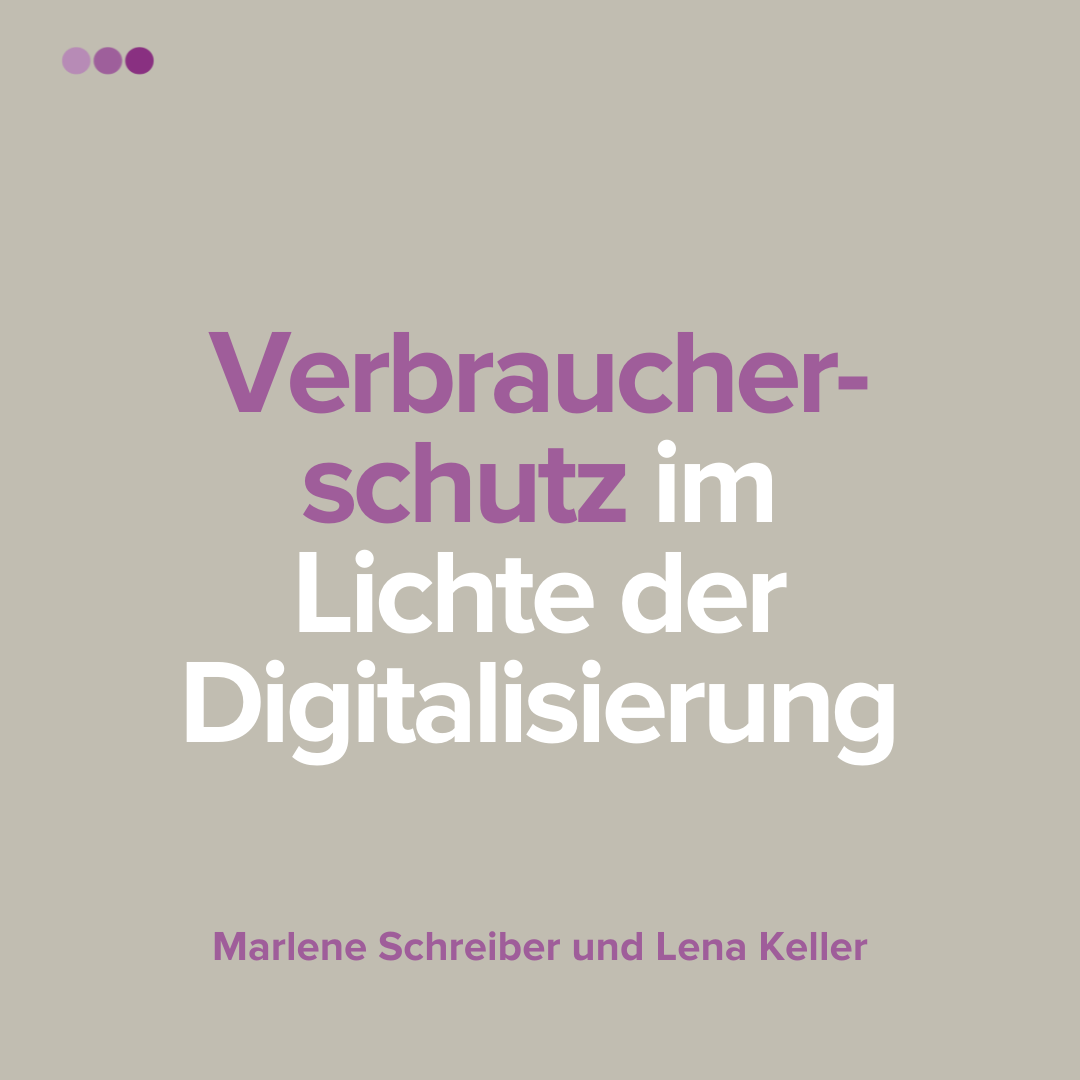Impact of EU legal acts on Switzerland
The European Union (EU) has recently adopted regulations in the digital field and is actively working on new ones. From the Digital Services Act (DSA) and Digital Markets Act (DMA) to the AI Act, freshly passed by the Parliament, important changes in the EU area are on the horizon.
